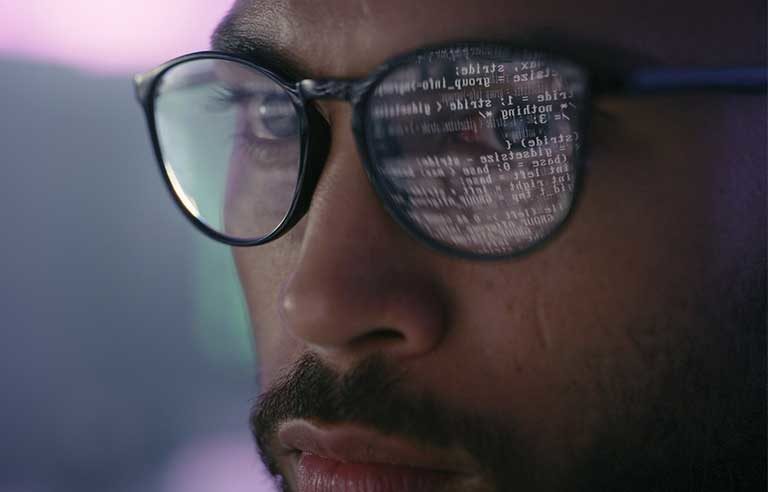Can AI have ‘damaging’ effects’ on workers’ personal lives?

Photo: Kobus Louw/iStockphoto
Athens, GA — People who regularly use artificial intelligence systems at work have an increased chance of experiencing loneliness and insomnia, according to a team of international researchers.
To test whether “more frequent interactions with AI may lead employees to feel socially disconnected from others,” the researchers conducted separate experiments in four different countries, including the United States.
In one of the experiments, the researchers surveyed 166 engineers at a biomedical company in Taiwan. In another, 126 real estate consultants in Indonesia were divided into two groups, with one using AI systems “as much as possible” and the other using none. The other two experiments involved 214 U.S. workers and nearly 300 employees at a tech company in Malaysia.
Their findings were consistent across all cultures. The workers who used AI systems were more likely to help colleagues, “but that response may have been triggered by their loneliness and need for social contact” – a reaction to a “socially deficient work situation.” In addition, the workers tended to drink more after hours. Further, the researchers cite “a long-standing stream of research” that suggests lonely people also have more trouble sleeping.
“The rapid advancement in AI systems is sparking a new industrial revolution that is reshaping the workplace with many benefits but also some uncharted dangers, including potentially damaging mental and physical impacts for employees,” study co-author Pok Man Tang, an assistant professor of management at the University of Georgia, said in an American Psychological Association press release. “Humans are social animals, and isolating work with AI systems may have damaging spillover effects into employees’ personal lives.”
Tang adds that mindfulness programs and other positive interventions, such as managers arranging opportunities for workers to socialize, might help relieve loneliness.
“AI will keep expanding,” Tang said, “so we need to act now to lessen the potentially damaging effects for people who work with these systems.”
The study was published online in the Journal of Applied Psychology.
Post a comment to this article
Safety+Health welcomes comments that promote respectful dialogue. Please stay on topic. Comments that contain personal attacks, profanity or abusive language – or those aggressively promoting products or services – will be removed. We reserve the right to determine which comments violate our comment policy. (Anonymous comments are welcome; merely skip the “name” field in the comment box. An email address is required but will not be included with your comment.)

